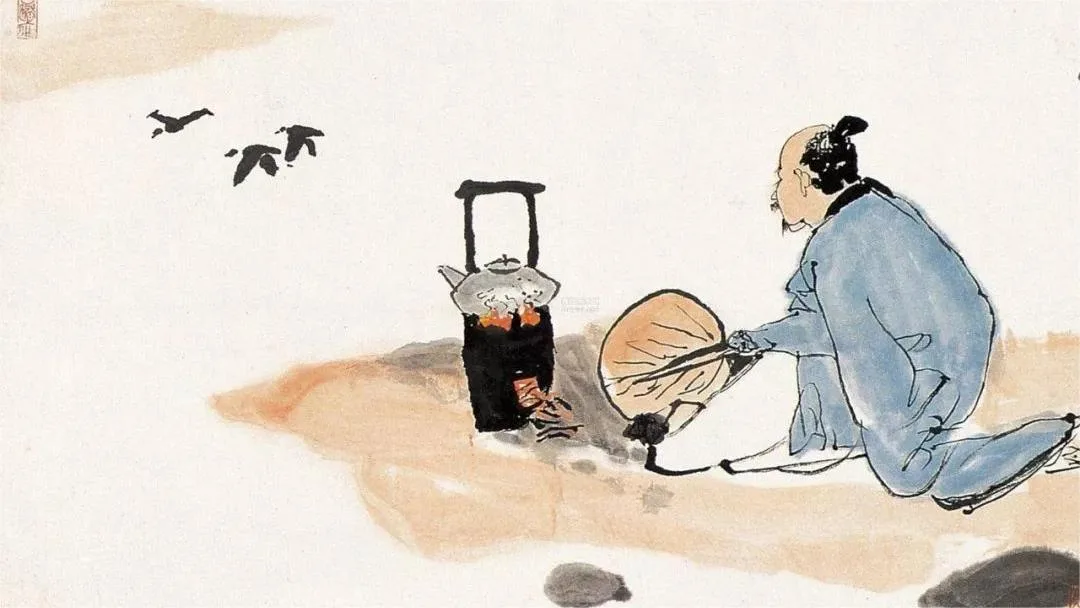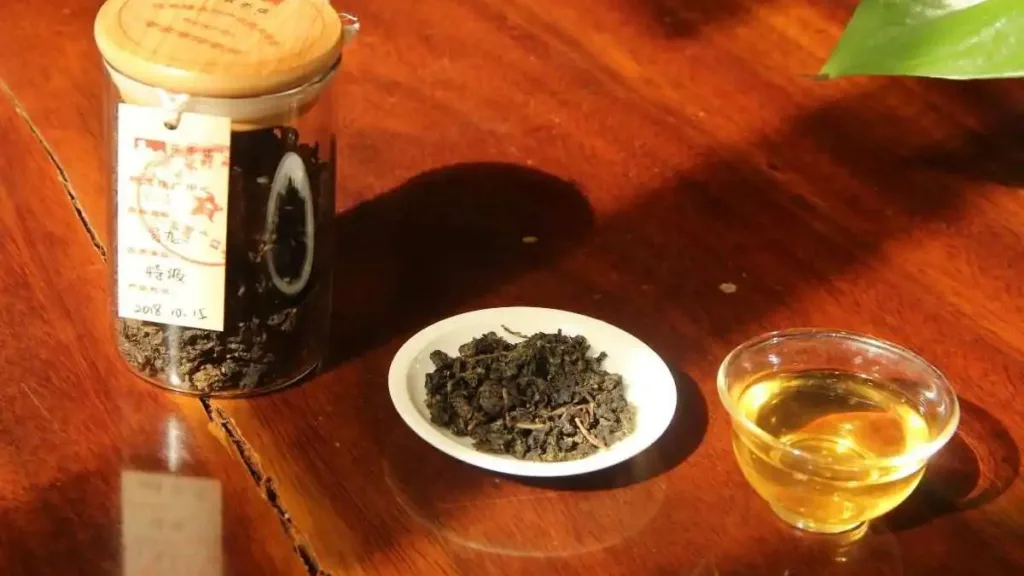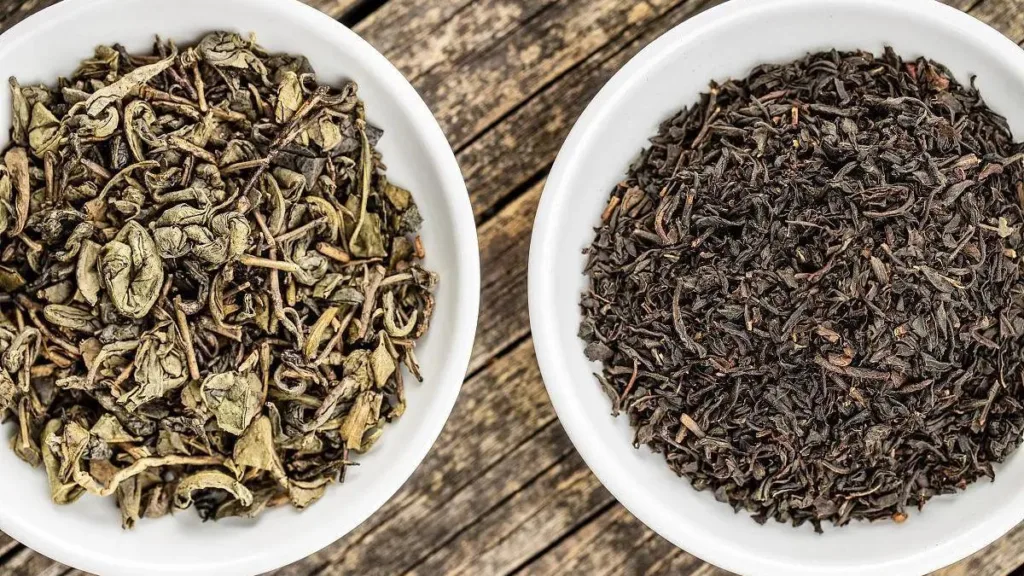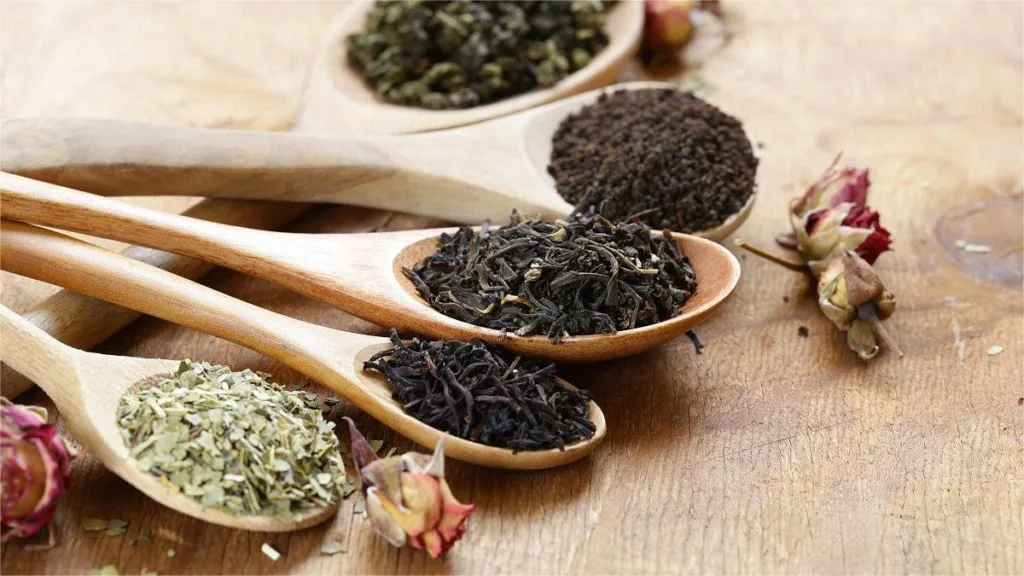Tea has played a pivotal role in Chinese culture for centuries, with its uses extending far beyond mere consumption. The Chinese have employed tea in various aspects of life, showcasing its versatility and importance. In this essay, we will explore how the Chinese have utilized tea in different facets of their lives.
- Substituting Tea for Alcohol (以茶代酒): The practice of substituting tea for alcohol, known as “以茶代酒,” is rooted in Chinese culture as a sign of hospitality and respect. It is a way to accommodate guests who may not be inclined to consume alcoholic beverages. This tradition is especially common among those who do not possess a high tolerance for alcohol.Historical Anecdote: The earliest recorded instance of using tea as a substitute for alcohol dates back to the era of Sun Hao, the fourth-generation ruler of the Wu Kingdom during the Three Kingdoms period. Sun Hao had a strong affinity for alcohol and would often require his guests to consume copious amounts of it during banquets. However, one of his advisors, Wei Yao, was known for his scholarly wisdom but had a low alcohol tolerance. When Wei Yao struggled to keep up with the drinking, Sun Hao would discreetly offer him tea as a substitute. This incident marks the earliest documentation of “以茶代酒.”
- Tea as a Marriage Mediator (以茶为媒): In traditional Chinese customs, tea was a central element in the marriage process. Tea ceremonies were used as a form of betrothal, and the act of giving and receiving tea symbolized the formal establishment of a marital relationship. This practice was so significant that women who were betrothed were referred to as “受茶,” meaning they had “received tea.”Historical Anecdote: The practice of using tea as a mediator in marriages can be traced back to the Tang Dynasty, specifically during the reign of Emperor Taizong in 641 AD. Princess Wencheng, who was sent to marry the Tibetan king Songtsen Gampo, brought tea with her as part of her dowry. This marked the beginning of tea’s introduction to Tibet and initiated the exchange of tea as a part of marital traditions. There is a popular saying that originates from this period: “文成公主入藏,带来离太阳最近的茶香” (Princess Wencheng brought the fragrance of tea closest to the sun when she entered Tibet), highlighting the significance of tea in this cultural exchange.
- Competitive Tea Tasting (以茶相斗): The practice of competitive tea tasting, known as “斗茶,” was an elegant pastime among scholars and connoisseurs in ancient China. Participants would contribute their finest teas and take turns sampling them to determine the superior brew. The competition encompassed the color and aroma of the tea leaves, the richness of the tea soup, the quality of the teaware, and the precision of water boiling.Historical Anecdote: Competitive tea tasting, or “斗茶,” is believed to have originated during the Tang Dynasty in Jianzhou, as mentioned in the “云仙杂记” (Yunxian Miscellaneous Records). This tradition evolved from tea gatherings and became a refined cultural practice.
- Tea for Oral Hygiene (以茶漱口): Tea has long been recognized for its health benefits, and one common practice among the ancient Chinese was using tea to maintain oral hygiene. Alongside brushing teeth with coarse salt, rinsing the mouth with tea was a prevalent method to prevent cavities and combat bad breath.Historical Anecdote: The importance of using tea to rinse the mouth for oral health is evident in classical literature, such as “红楼梦” (Dream of the Red Chamber) by Cao Xueqin. In the opening scene of the novel, characters are described using tea for oral hygiene after meals, highlighting the longstanding tradition of using tea in this manner.
In conclusion, the Chinese have harnessed the multifaceted qualities of tea in various aspects of their lives, from replacing alcohol to mediating marriages, engaging in competitive tasting, and maintaining oral hygiene. The rich history and cultural significance of tea in China have made it an integral part of Chinese traditions, customs, and daily life for over five millennia. As we witness the ongoing resurgence of tea culture in contemporary China, we are reminded of its timeless importance and the remarkable journey of this ancient beverage through the ages.



